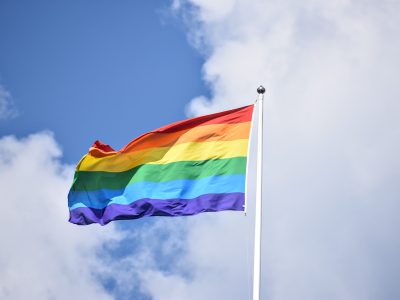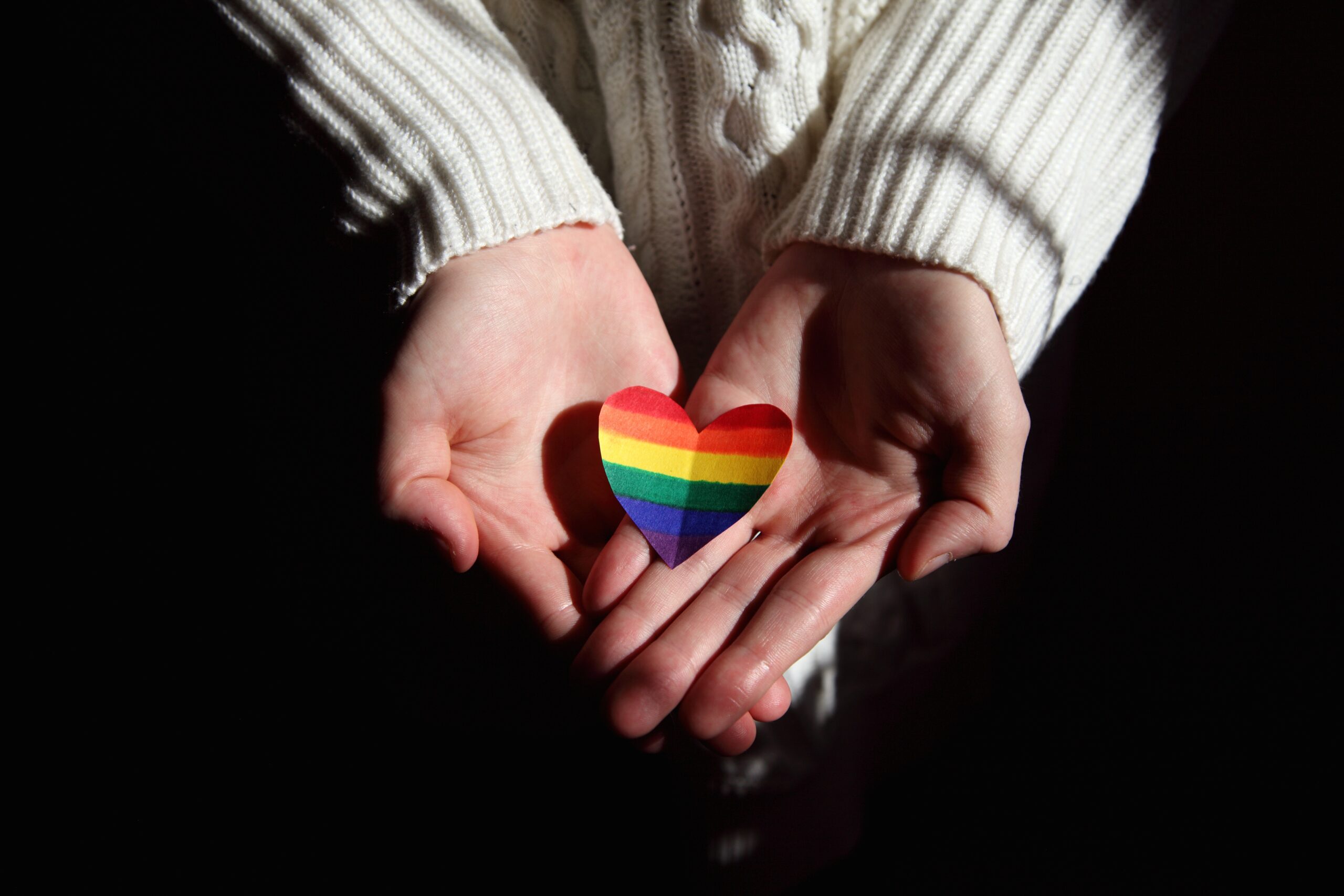Why Is LGBTQ Therapy Important
- Do you know what LGBTQ affirmative therapy is?
- Are you looking for affirmative counseling or LGBTQ therapy NYC?
LGBTQ therapy, or gender affirmative therapy has its own history. Understanding its benefits could help you to learn how to find/be an affirming therapist.
If you struggle with feeling validated or accepted by the people around you, know that you are not alone. Many therapists, like our team at Mind Connections, are dedicated to helping and uplifting our LGBTQ+ clients. We want our clients to know that we are committed to upholding standards of equality, justice, and acceptance of all people.
What is Affirming LGBTQ Therapy?
According to the National Library of Medicine, LGBTQ affirmative therapy is “used to validate and advocate for the needs of sexual and gender minority clients.” This type of therapy helps people accept themselves and help them feel confident in who they are.
An affirmative therapist strives to recognize your concerns and acknowledge your challenges. LGBTQ people can face unique challenges in this world – discrimination, self-discovery, stereotypes and stigmas, unsupportive family members/friends, etc.
LGBTQ affirmative therapy is different from LGBTQ-friendly therapy. PsychCentral explains that LGBTQ-friendly therapy welcomes LGBTQ people and helps them with any stressors in their life. While affirming LGBTQ therapy mainly focuses on helping people who struggle with their sexual orientation and/or gender identity.

What Happens In Affirming LGBTQ Therapy?
Firstly, as found on our informational page, Affirming LGBTQ Therapy should help you:
- Understand your sexual/gender orientation.
- Accept yourself for who you are and what stage you are in regarding your identity.
- Help you deal with and heal from any prejudice, discrimination, harassment, or violence you’ll face. We will help you recognize your resilience and advocate for your needs.
- Assist you in learning coping skills to manage your mental health better – this can include anxiety, depression, trauma, insomnia, disordered eating, grief, stress, self-esteem issues, and adjustment.
- Prepare for your coming out process. We will assist you in dealing with relationship, family, and work-related issues, learn parenting and co-parenting skills, and other challenges.
- Assist you with evaluation, support, and therapy if you are going through a transition of transgender hormone therapy, MTF or FTM.
Furthermore, affirming LGBTQ therapy can also help LGBTQ people with self-esteem issues, depression, anxiety, PTSD, and or any other issues they need assistance with. Our therapists at Mind Connections NYC can help you with anything you are facing and need support for!
3 Reasons Affirming LGBTQ Therapy Is Important
First, It Can Provide Life-Saving Support
Therapy can be the social support that LGBTQ+ youth desperately need. In 2020, The Trevor Project reported that over 40% of LGBTQIA+ respondents shared that they were self-harming and seriously considering suicide. The results also showed that youth with limited access to LGBTQ+-affirming spaces and people in their lives had higher rates of suicide attempts.
Moreover, social support is a vital part of the overall wellness of LGBTQIA+ people. This support helps protect LGBTQ+ people from social stress and rejection. To learn more about the importance of social support in an LGBQ+ person’s life, check out our previous article.
LGBTQ affirmative therapy helps people feel less alone and can be very beneficial to improving their mental health. A study examining the efficacy of affirmative cognitive-behavioral group therapy found that participants felt more supported and had decreased depressive symptoms.

Second, It Helps Bring Justice to LGBTQ People
According to JAMA, Conversion Therapy, or Sexual orientation and gender identity change efforts (SOGICE), aims to convert LGBTQ people. This “therapy” wants to stop people from being gay or living their truth and wants them to instead conform to being cis-gendered, straight people. These practices are the opposite of affirmative or LGBTQ-friendly therapy and can be extremely dangerous and traumatizing for people to experience. JAMA reports that people who undergo conversion therapy can face substance abuse issues and suicidal ideation.
Practices that were trying to change LGBTQ people date back all the way to the 19th Century. There were electroconvulsive therapy or lobotomies used to try and convert LGBTQ people. In future years, faith-based groups would perform their own conversion therapies that even included exorcisms.
In 2022, there are bans against LGBTQ conversion therapy in many places, but the harms of this horrible practice have lasting effects. Affirming LGBTQ goes against the idea that people have to change who they are – LGBTQ people deserve to live proud, safe, and supported lives!
Third, It Is Uplifting to LGBTQ People
LGBTQ people deserve to be uplifted. No one in this world should fear being hate-crimed, discriminated against, or shunned for living their authentic life. Therapists should provide affirming spaces because it will help clients find peace in accepting who they are and embracing their identity.
Many therapists are LGBTQ+ and might want to help give people the support they wish they had received in their coming-out or acceptance journey. Even if a therapist is not LGBTQ, they should always strive to be an ally to the LGBTQ+ community. In terms of social justice, allies are people who are not part of the certain group but use their privilege to help advocate and bring awareness to marginalized people. Read our article here to learn more about becoming a better ally.

How to Find An Affirmative Therapist
If you need help with your LGBTQ+ journey, you will want to find an LGBTQ+ affirmative therapist. You may be nervous about looking for a therapist. Many people fear that they will make the “wrong choice” and pick a therapist that is not suited for them. Know that it is okay to feel this way – starting any new relationship can be intimidating, especially the one you’ll form with your therapist. If you try to work with a therapist and feel like they are not the right fit for you, it is 100% okay to leave and try to find someone else who will be more helpful or validating. Sometimes, finding a therapist can include a bit of trial and error until you get it right, however it is all worth it! Be kind to yourself during the process and prioritize your needs regarding your mental wellbeing.
When it comes to finding an LGBTQ+ affirmative therapist, here are some tips:
- During your consultation, ask the therapist about their experience working with LGBTQ+ people. Do they provide affirming therapy? Do they think they can successfully work with you towards whatever goals you have in your journey to acceptance?
- If you continue having sessions with this therapist, check in with yourself. Do you feel supported? Do you feel like this therapy is, so far, a good fit for your needs?
- Alternatively, openly talk to your therapist about any concerns you may have with your sessions. Don’t be afraid to speak up and advocate for yourself.
How to Find Other Affirming Support
Other than therapy, there are other ways you can immerse yourself in LGBTQ affirmative spaces:
- If you are younger/in your teens, you can see if your school has an LGBTQ club or GSA group you can join to meet other LGBTQ people.
- If you are religious or looking for an accepting faith-based community, join LGBTQ+ churches or attend a service.
- For people who are in their twenties or older, go to LGBTQ+ designated spaces(like bars, clubs, and events).
- Lean on LGBTQ friends and make connections with people who you can relate to and who uplift you
- Attend Pride Festivals and celebrate who you are with fellow LGBTQ people
- Learn about and join LGBTQ Organizations or charities that help people in the community

Therapy Support
Mind Connections wishes you a Happy Pride Month! We provide affirming counseling for LGBTQ+ individuals and couples. If you struggle with harassment, hatred, related stress, anxiety, depression, or any other mental health challenge, we are here to provide LGBTQIA-friendly therapy! Call us free for 15 minutes to discuss your concerns and seek pride counseling.
Content Creator, Victoria Gallo; Reviewed by Dr. June Cao



Thank you for support the LGBTQ+ community and provide affirming therapy
I think it’s great that you brought out the value of LGBTQ treatment. As you mentioned, they can assist you in coping with and recovering from any bias or discrimination you may experience. My nephew has informed us that he is gay, thus I believe that he would benefit from testing this out. I will surely let them know about this and look into possible LGBTQ therapy if he is interested.